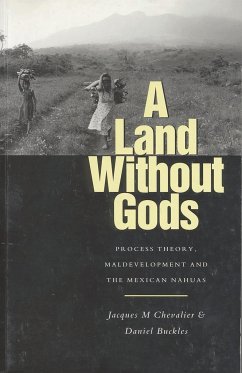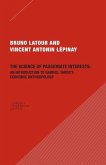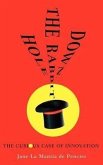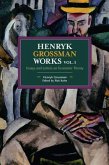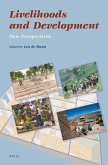In this theoretically innovative study of maldevelopment and power relations among the Nahuas of southern Veracruz, Chevalier and Buckles explore the impact of Mexico's cattle ranching and petrochemical industries on milpa agriculture and rainforest environment. They also examine how national politics and economics affect native patterns of patrimonial culture and social organization. In the concluding chapter, an ascetic worldview illustrated through corn god mythology points to meaningful ways of countering current trends of social and ecological impoverishment. This major work of scholarship tackles key issues in ecology and development, theories of the state, gender analysis and symbolic anthropology. Against rigid conceptions of capitalism and native society, the authors apply their own theory of process to the orderly and contradictory features of social history. Established ways of doing things - a mode of government, a way of livelihood, a kinship and narrative tradition - are shown to reflect the imposition of a ruling order, an unequal distribution of the proceeds of society, and the confrontation of classes and parties, genders and age-groups, spirits and humans struggling for power.

